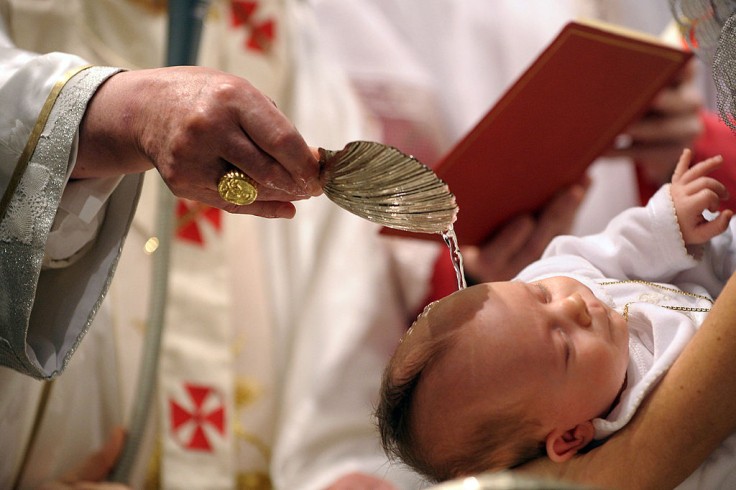
In most Christian families, the godparents serve as the chosen sponsor for the baby during the baptism rites. Their roles were defined nearly two thousand years ago to serve as the child's spiritual growth overseer.
However, the association between godparents and religion has changed over the centuries. Some parents pick out godparents even if they are not actively part of a church.
Here are some of the important roles of a godparent:
Religious Responsibilities
In the Catholic or Christian faith, the godparents usually have beliefs aligned with the child's parents and hear mass or go to services regularly. Technically speaking, non-practicing or agnostic Catholics or Christians cannot be sponsors during the baptism because they will be responsible for the child's religious education, per the Catholic Education.
During the rites, they will be asked to make promises about ensuring that the baby will grow up to be centered on God. In the Greek Orthodox faith, the godparents are required to take their godchildren to communion three times and may even be tasked to choose a Christian or Greek name for the baby.
An Extended Family
In a non-religious capacity, godparents are seen as role models for the baby, and as such, they are supposed to spend time with their godchild as often as possible as they grow up. While some parents pick out a family member as the godparent, others prefer to make their closest friends or confidantes their child's sponsors.
The godparent becomes part of the baby's extended family, like an aunt or an uncle. Some see the invitation to be a godparent as a badge of honor and acceptance. They are also expected to commemorate the child's birthday and other significant events like Christmas or graduation.
"I was always under the impression that the godparents are the ones that will take care of the child if something happens to the parents before the child is old enough to live independently," said one contributor in a godparent discussion on Reddit. Most of the replies also indicated that the role of the godparent is to nurture the child like they are the second parents.
Financial Obligation
In religious rites, the godparents are expected to shoulder some, if not all, of the expenses. However, in today's secular existence, godparents are not required to extend financial help at all.
According to The Nest, the parents inviting someone to be their baby's godparents can likely gauge their financial situation, so giving according to one's means is acceptable. Yet some give their godchildren money for birthdays and other special occasions without fail. Some generous godparents may also set up a college fund for their godchild.
Legal Rights to the Child
In the U.S., the godparent does not have the first right to the baby if something happens to the parents. The role of second parents is more symbolical than legal since it's the child's next of kin, such as the grandparents, who will be prioritized by law when it comes to custody cases.
However, some parents may have made the proper arrangements for the godparents to have legal rights and explicitly stated these in legal documents. They could work out the custody arrangement with minor hitches in this case.
Related Article: Here's Why Sewing Skills Should Be Taught to Children